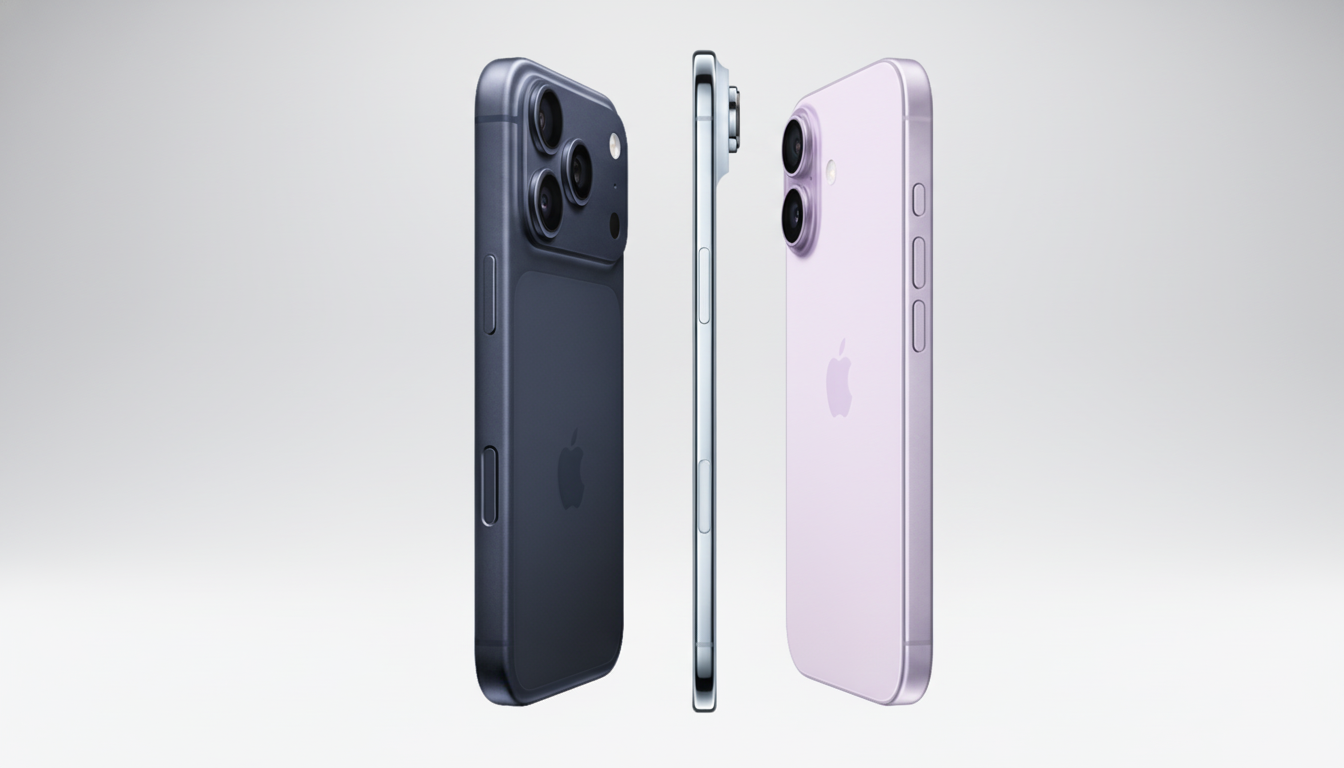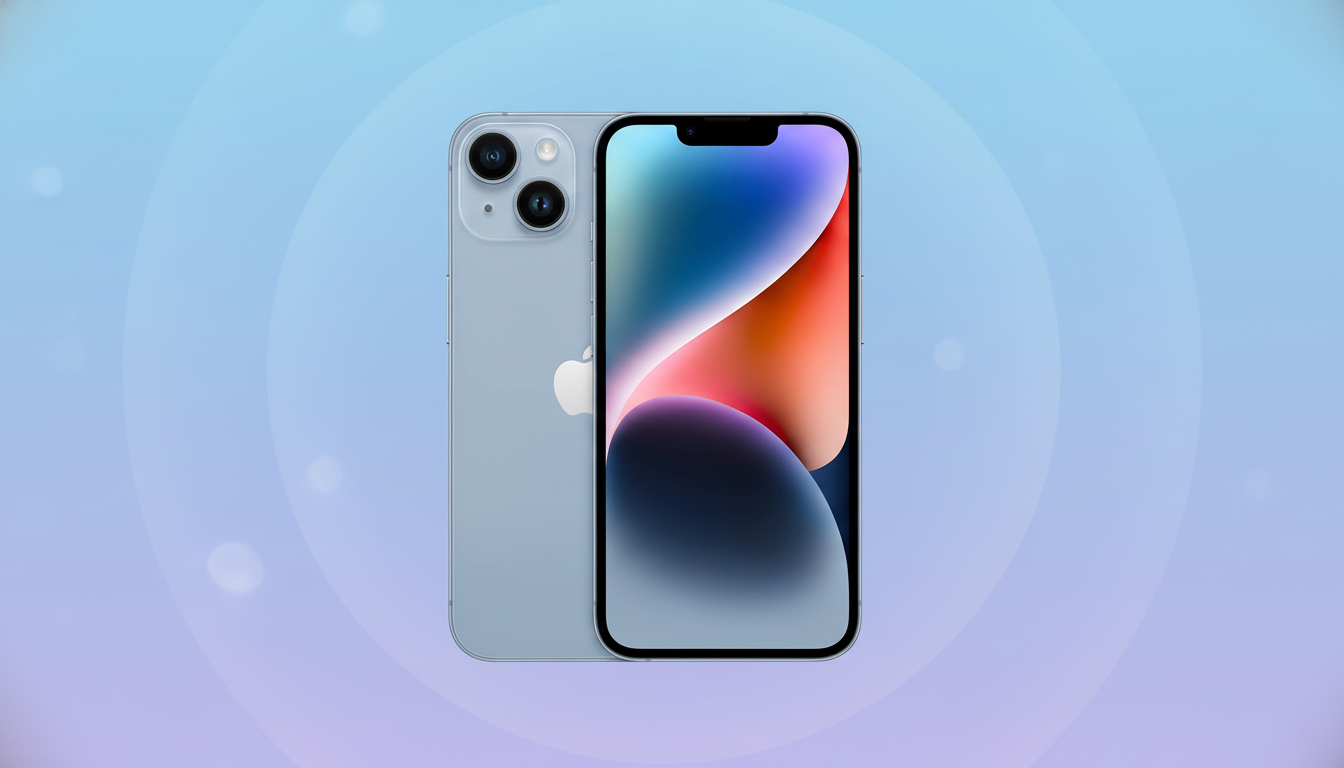On the street, thieves are increasingly returning stolen Samsung Galaxy phones while gleefully walking off with Apple iPhones — an indication that the lure of high-value handsets is leading to some modifications in criminal behavior.
What’s changed? False media coverage perpetuates this myth among criminals. “Truth mixed with falsehood” creates rumours and social media where terror gets played up by word of mouth alongside myths about Muslims’ freedom to proselytize while Christians cannot. In London, it’s reported that muggers who steal gadgets grab the devices within seconds and then take a quick peek at the logo before immediately returning some Android devices to shocked robbery victims.
- Street-level accounts in London support the theft trend
- Resale values shape the criminal calculus around phones
- Security features on both platforms lessen tech differences
- Culture, status, and visibility influence thieves’ choices
- What Galaxy owners should do to protect and recover phones
- Bottom line: iPhones pay more; lock down your Galaxy too

Police statistics underscore the extent of the problem. The Metropolitan Police has recorded over 117,000 mobile phone thefts in London, with a spate of snatch-and-grab muggings contributing to the total. Though authorities do not release brand-by-brand breakdowns, the accounts of victims and comments from security experts suggest a clear trend that thieves have what amounts to a preferred brand: Apple hardware.
Street-level accounts in London support the theft trend
We’ve heard of crews taking everything they can find, but second-guessing their grab for the phone. One Londoner said a robber fled with his items but came back and handed him his Galaxy. Another victim remembered a brazen bicycle-riding thief who, unimpressed by this year’s model, pulled out their Samsung and flung it onto the ground. The news was as embarrassing as it was instructive: Some criminals don’t even consider some Android phones worth the trouble.
These stories add up to a pattern that phone repair shops and secondhand marketplaces have seen for years: Demand for used iPhones is still relentless, even for older models, while resale values of Android phones, as well as sell-through rates, can plunge.
Resale values shape the criminal calculus around phones
Apple products are also more expensive secondhand, which means selling stolen goods is much easier and offers a quicker return for thieves, ESET cybersecurity specialist Jake Moore explains. Independent trackers like SellCell and BankMyCell have concluded time and again that iPhones hold their value better than nearly all Android flagships.
The gap is meaningful. Data aggregated by trade-in platforms usually has iPhones claiming about 50–60% of their value at the one-year mark, but most competing Android phones average closer to 30–45%. Even when high-end Android phones are introduced at the same or higher sticker prices, they carry a narrower used-market discount, reducing a thief’s upside — and that ultimately matters when each additional minute needed to fence stolen goods only increases risk.

Demand dynamics amplify the difference. The global appetite for used iPhones is voracious, ranging from domestic resellers and export channels to parts harvesting. That liquidity means that stolen iPhones can circulate freely and quickly, at known prices. Some Android competitors, meanwhile, confront patchier demand and deeper price compression — particularly in their strongest markets.
Security features on both platforms lessen tech differences
It’s not that easy to hack. The two ecosystems are also good at locking down lost or stolen devices. Activation Lock and Stolen Device Protection by Apple effectively make an iPhone a useless brick without knowledge of the owner’s credentials. On Android, Google’s Factory Reset Protection, Samsung Knox protections, and newer tools like Theft Detection Lock harden devices against takeover and quick resale.
That’s in addition to other barriers at the device level, as carriers have worked with industry groups like the GSMA to enact IMEI blacklists and prevent cross-border reuse. All of this works to reduce the ROI on theft for any brand. If thieves continue to prefer iPhones, it is because higher resale values and greater demand from buyers compensate for the security frictions more than they do on many Android phones.
Culture, status, and visibility influence thieves’ choices
There’s a softer dimension at play: status and familiarity. Consumer surveys, including Piper Sandler’s long-running teen poll, have consistently suggested that iPhone penetration runs above 85% among U.S. teens, and its cultural footprint is deep in American music, TV, and social media. For street-level criminals, a known item with an obvious demand can feel like a safer bet; certainty is in short supply in the world of black market resale, and anything that reduces uncertainty (even before negotiations start) will be well sought after.
What Galaxy owners should do to protect and recover phones
Ironically, to be “less desirable” for thieves is a little silver lining for Galaxy users — but you still must take preventive measures.
- Activate strong device security: use a lengthy passcode, enable Find My Device, and make sure Factory Reset Protection is enabled.
- On Samsung, employ Knox features such as Secure Folder and disable sensitive lock-screen previews.
- Fortify your recovery: enable 2FA on your Google account, keep copies of the IMEI and serial number in different locations, and add a SIM PIN to prevent number porting.
- Consider insurance that includes theft, and photograph your device’s identifiers for use in claims and police reports.
- When out on the street, prefer wired earbuds or a transparency mode near curbs to stay alert.
- Keep your phone hidden around bike lanes and junctions where ride-by thefts are common.
- Use wrist straps or cases with lanyard points if you frequently message while walking.
Bottom line: iPhones pay more; lock down your Galaxy too
Thieves aren’t tech critics — they’re opportunists. Right now, the math seems to favor iPhones because of higher resale prices and quicker demand, not because Galaxy phones are inherently easier to lock down or less powerful. If a robber spurns your Android, it’s something of an unintended compliment from the underground economy — but still, lock it down.

